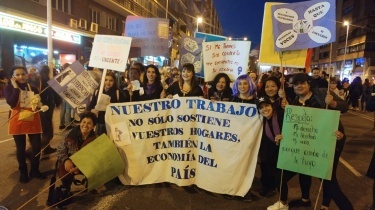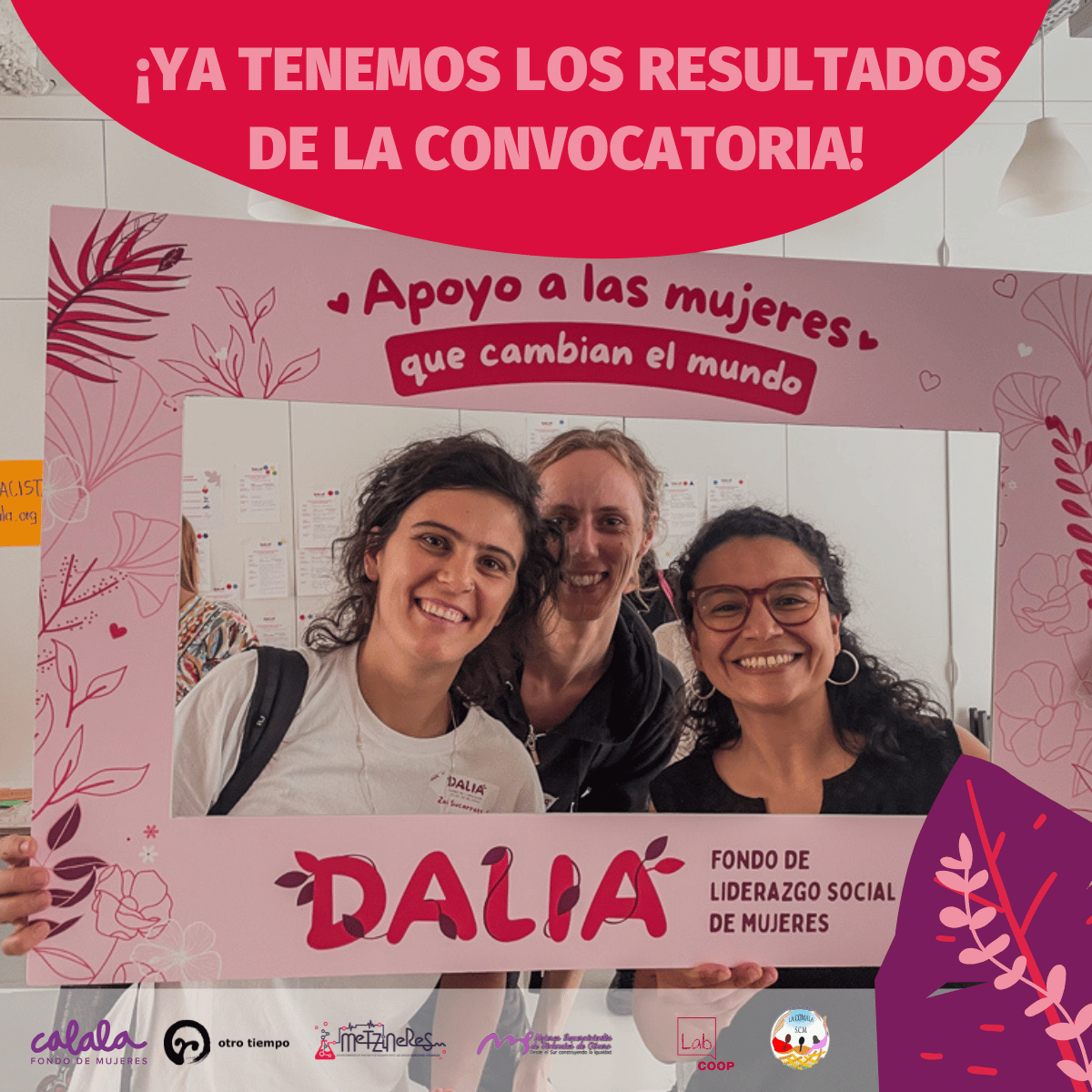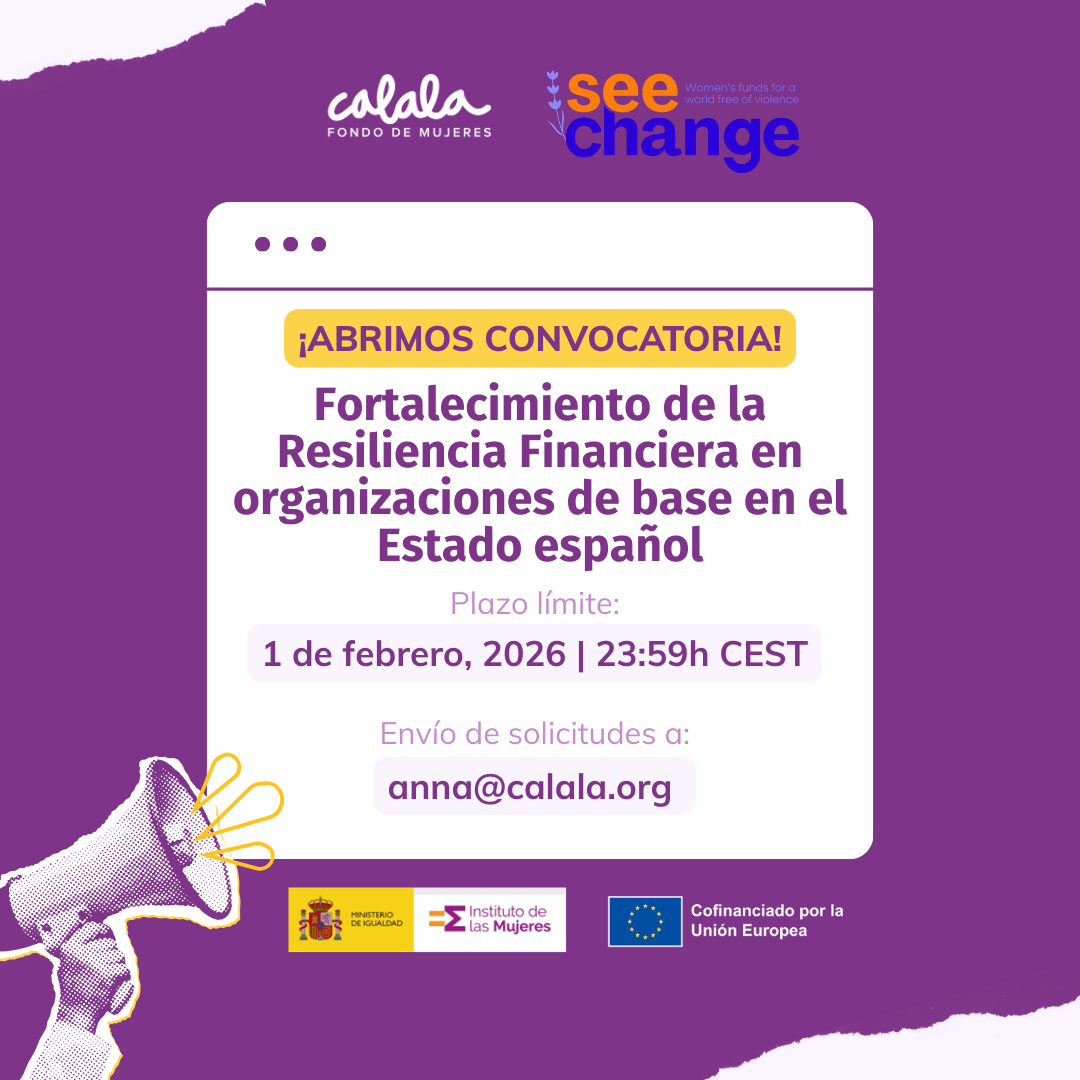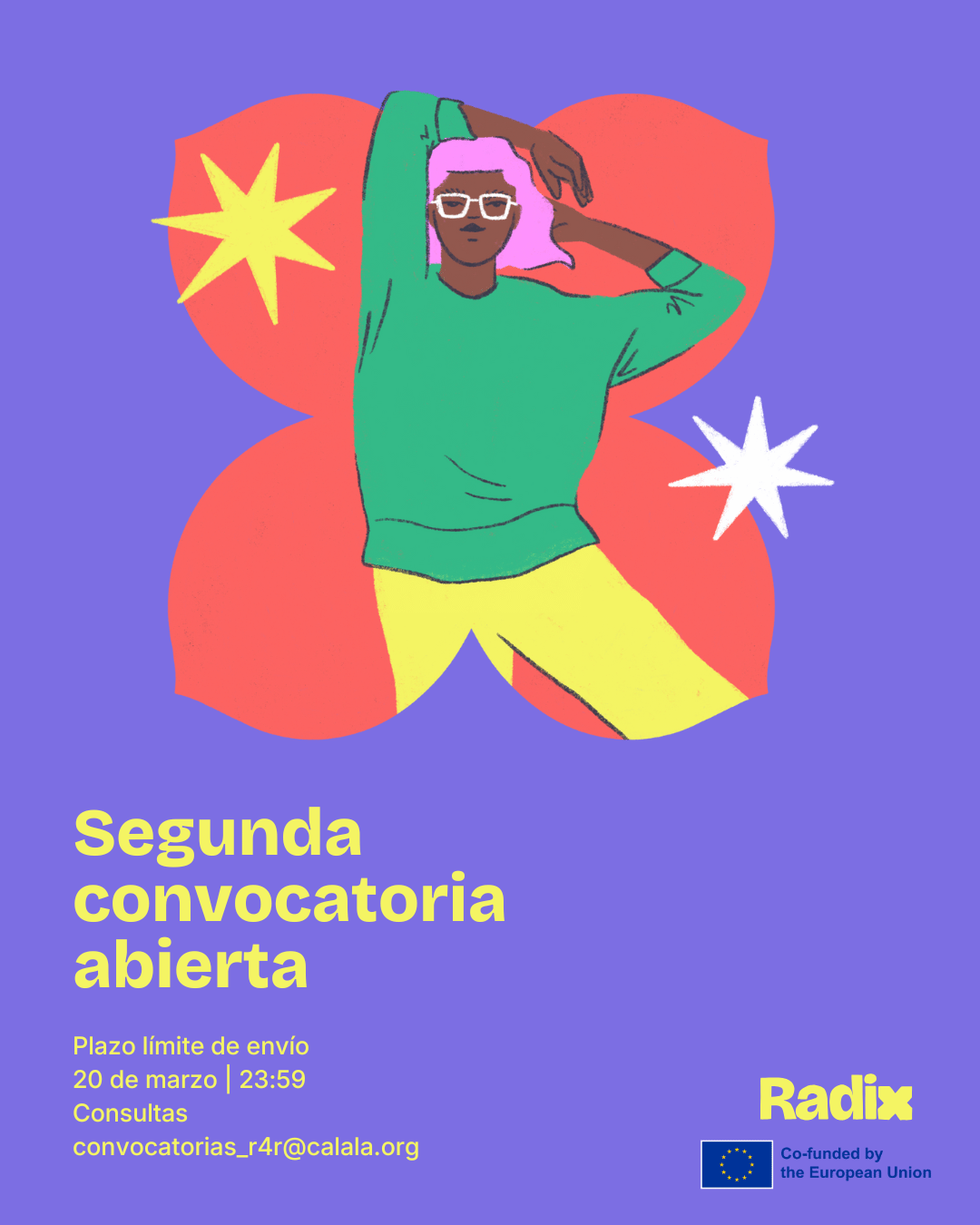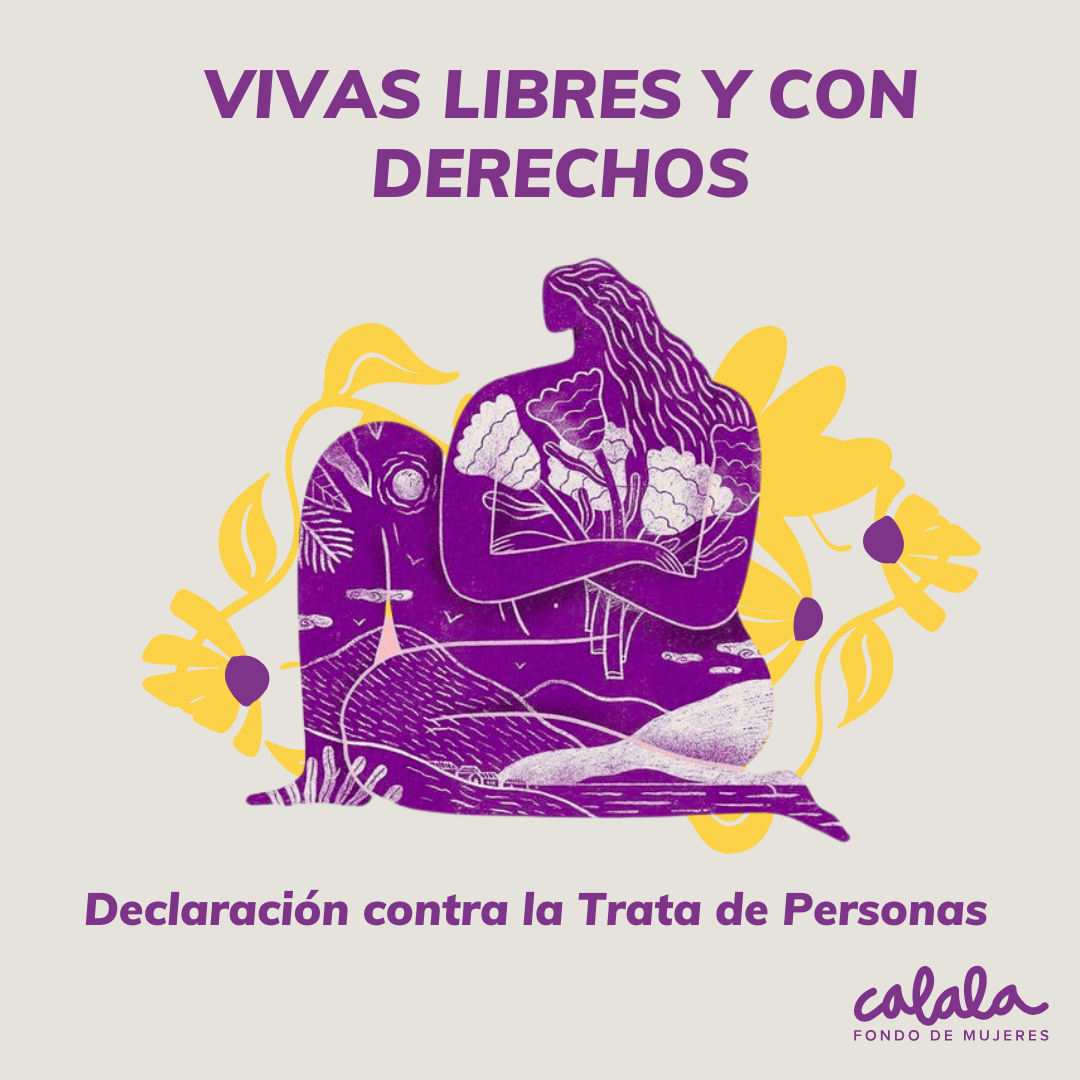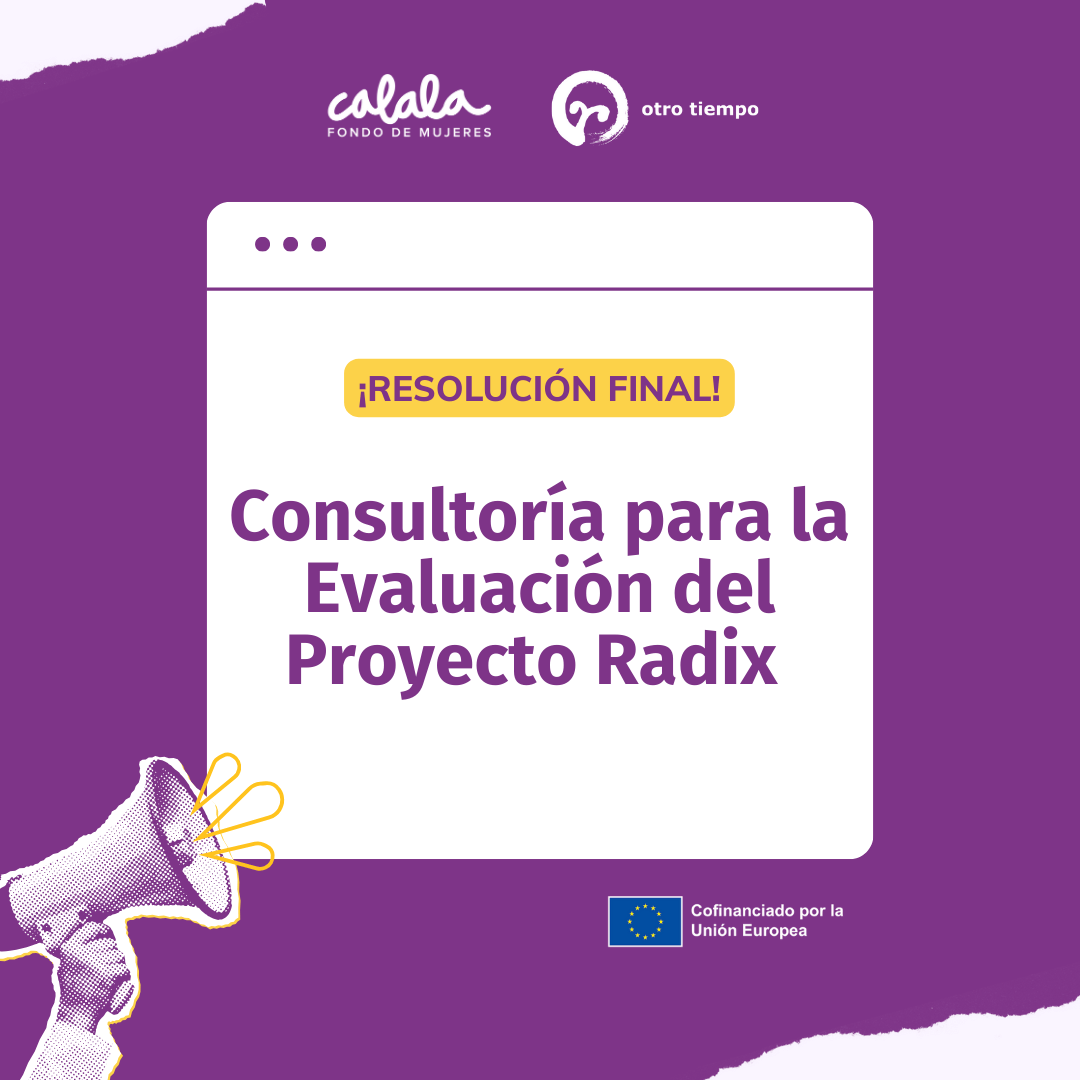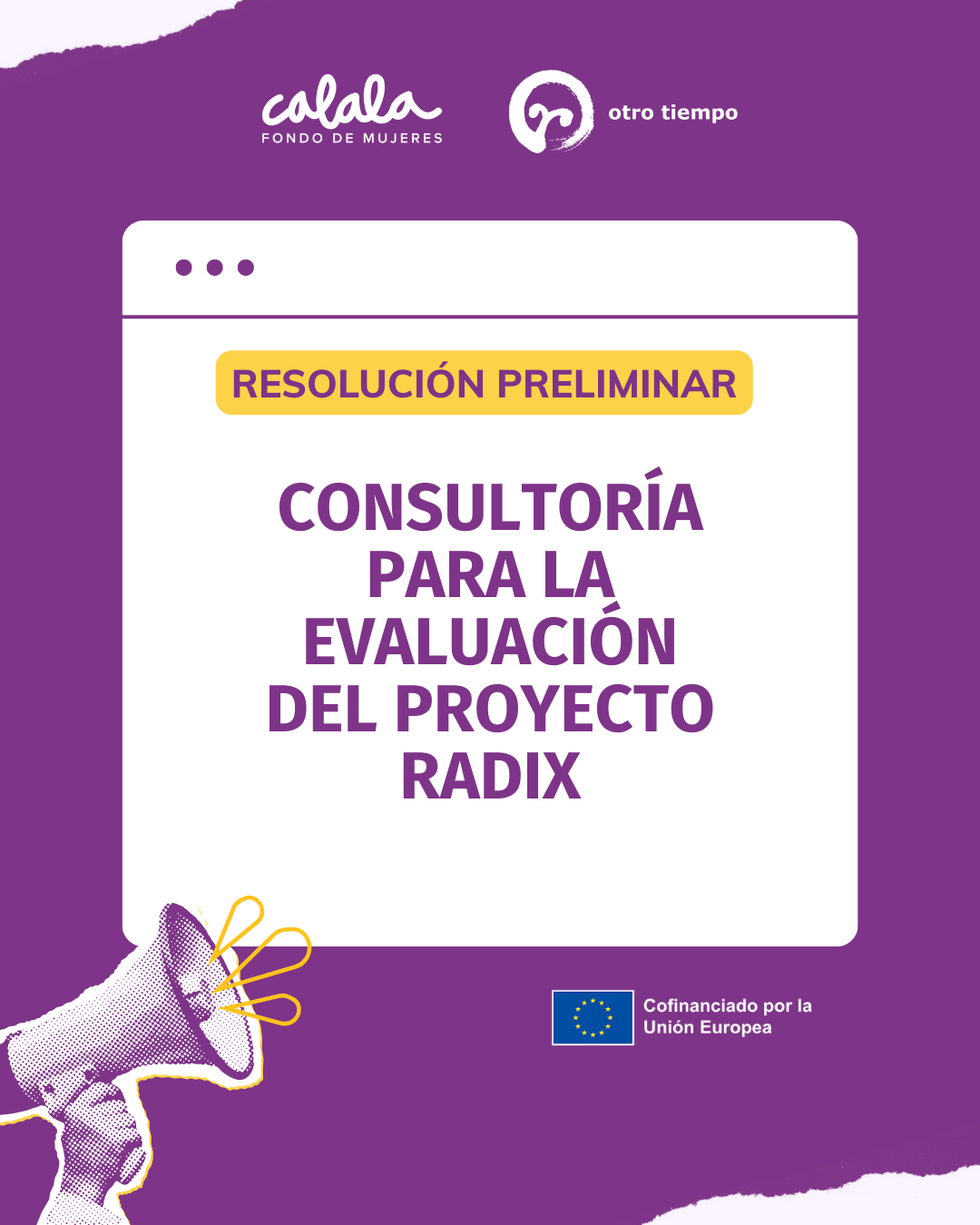Obstacles lead to precariousness
DOWNLOAD THE REPORT HERE (EN)
Also available in English
In a consultation with the migrant and racialised women's groups we support in Spain, we found that 90% of the groups consider that they need more resources to cover the costs of the activities they carry out. Most collectives recognise that one of the main difficulties in mobilising resources is that there are very few flexible funders.
Lack of funds makes it impossible for organisations to pay for the work of their members. Many the actions are mainly carried out by the time and voluntary work undertaken, This represents a drain on activists.
30% of the groups consulted have received occasional support from the public administration and state that this has involved a lot of work and time. Lnstitutional procedures are a barrier for migrant women's organisations, Most of them do not have a structure and do not meet the requirements they demand.
There are cases in which municipalities or regional governments have approved subsidies, but have not been able to access the money because they were asked to contribute a percentage of their own budget that they could not guarantee. In other cases, the grant is received after the project has been carried out, with the organisation having to advance 100% of the funds.s, i.e. by covering the implementation of the activities with their own resources, which will be reimbursed to them once the financial report has been approved. For most of the groups we work with, this is not possible and means giving up this type of subsidy.
Flexible funding: a must for women's organisations
These demands from public administrations and some donor NGOs make it difficult for migrant and racialised women's organisations, especially the smaller ones, to access resources. Hence the importance of a women's fund such as ours. We we provide flexible, long-term resources for general support and simple procedures to those women's and feminist groups who have the most difficulties to access resources from traditional funders.
In the publication “Migrant Power. Learnings in the accompaniment of the movement of migrant and racialised women in Spain”.” you can learn more about our model.
In 2012 we delivered our first grants to migrant women's collectives. Since then we have supported more than 50 organisations of migrant and racialised women from different territories such as Andalusia, Aragon, Asturias, Catalonia, the Valencian Community, the Basque Country and Madrid with more than half a million euros.
These organisations bring together a wide range of women who organise themselves to defend their rights. We are talking about domestic and care workers, collectives that generate analysis from a decolonial perspective, women who accompany other women who experience male violence, activists who demonstrate for the closure of CIEs, young people who use art as a form of protest, and many more.
In pandemics, their initiatives are multiplying
The resources we have given them have been a relief for the members of the collectives, as they have been able to most of them had no donors and had to pay for the activities out of their own pockets.. For 52% of the migrant women's groups we supported, we were the first entity to fund them and 30% of the supported organisations do not have a legal status.
Having money available for their shares has meant that they have been able to cover essential expenses. During the health, economic and social crisis resulting from the pandemic alone, we have provided resources to 22 resistance funds or mutual support funds. created by organised migrant and racialised women. These resources have been allocated to women in vulnerable conditions, including domestic and care workers, hotel cleaners, sex workers and transgender women, who have been able to cover rent, food, protective equipment and other basic needs.
With the COVID-19 crisis, the needs of migrant women have multiplied. But so have their initiatives to get ahead. If you also believe that we all have the right to live a dignified life, join us.
